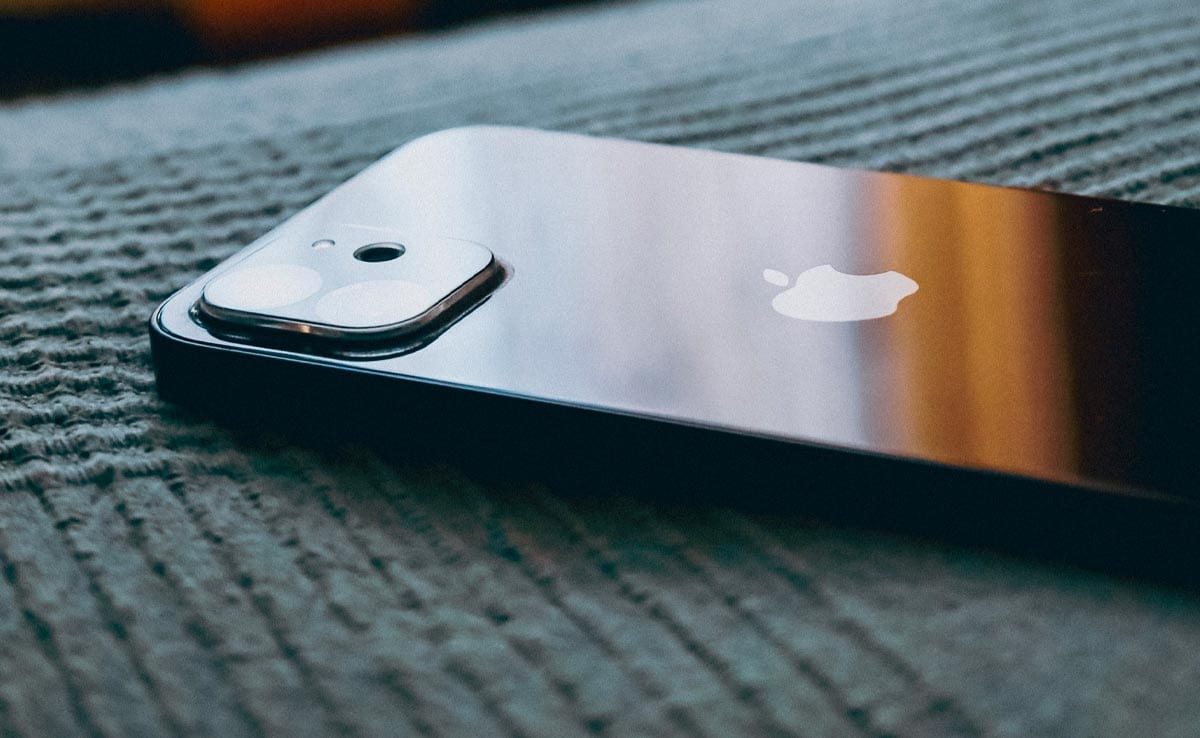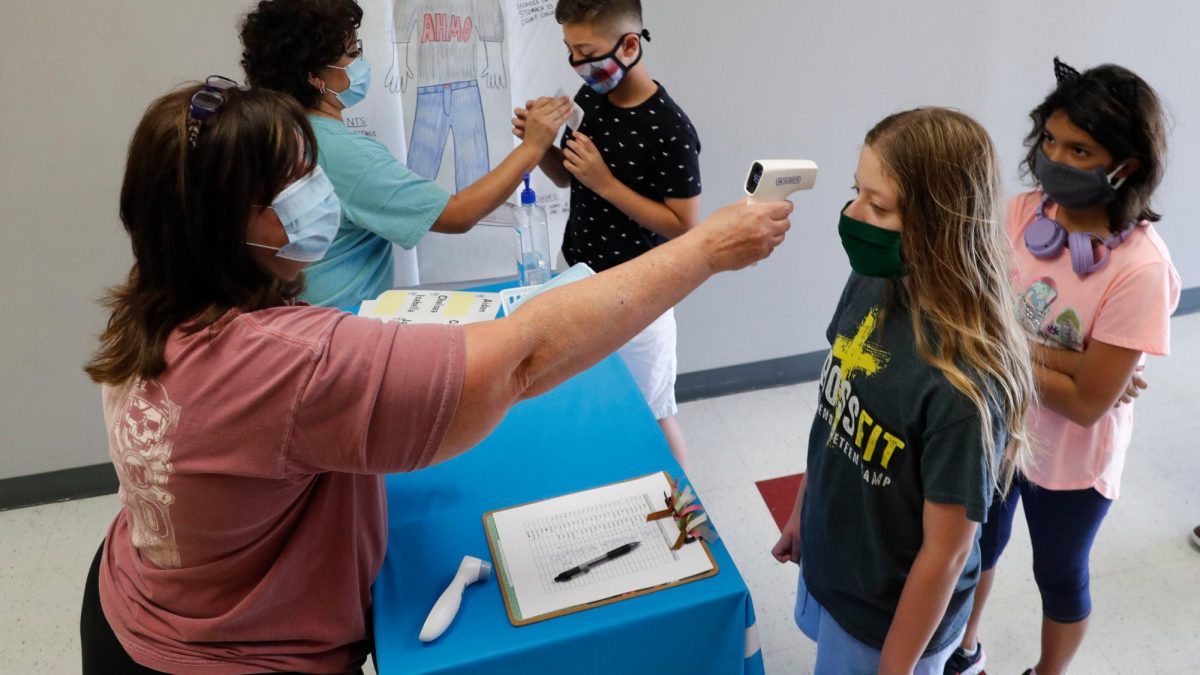This year administration created a new cell phone policy. The policy states that students will put away their cell phones and ear buds when classes begin.
Teachers have the right to allow students to use their phones during the class period when they deem it appropriate.
Students who don’t follow the policy can face disciplinary action, such as lunch and learn detention or an after school detention.
Administration hopes for the policy to be able to increase student engagement in the classroom, increase positive face-to-face interactions with peers and teachers and to enhance the learning experience.
This policy came from an increasing trend of the overuse of cell phones during classes and just how distracting it can be.
In a study conducted by Stockton University in 2019, they found that mobile device use in the classroom can be distracting and harmful based on students’ urge to text or check notifications, technological difficulties, off task behavior or academic dishonesty, and overuse of technology is correlated with decreased cognitive thinking skills, social interaction and a decrease in attention span
English teacher Mrs. Diane Manser played a big role in starting the new policy is excited about the positive impacts she’s seen so far. “For me personally it has been a game changer. I’m experiencing more attention, more connection to the lessons, increased retention with learning, and more classroom community.”
She also explained what it was like before the new policy was issued. “I was losing attention from students. There was less high quality work and less classroom community because of the overuse of phones and gaming– I was losing the classroom purpose.”
Manser also explained how it affected not just her teaching but herself, “I would sometimes be in the middle of a lesson, class period, or even start my day already feeling defeated, which is not a place I wanted to be.”
She also said that she’s grateful for the administration’s support in the situation. “I think administration has been very supportive and because of their support and backing I’ve had a lot more success and I’m very grateful for that.”
Junior English teacher Mrs. Kathleen Doyle has said the change was necessary but it hasn’t been working, saying, “I’m not completely against cell phones but they have become such a distraction in class. It slows down the amount of time it takes to go through instructional material, and I also think interaction between students has dwindled since cell phones gained their popularity.”
In response to whether it was working in her class room, she said, “The change in policy hasn’t really changed the usage of phones in class, yet the policy works very well with underclassmen. This is probably because it’s a new policy and Juniors are used to pulling their phone out whenever, but the underclassmen aren’t used to that.”
Meanwhile Junior Allie Thompson said, “I personally don’t go on my phone, but students should be allowed as long as they aren’t distracting others. Iit’s their choice and their grade.”
Sophomores Autumn Li and Skye Johnson both said they didn’t even know there was a new policy, with Li saying, “Nothing really changed, I always have my phone on my desk but it is distracting.”
Johnson said, “My phone’s always in my bag, but I think you can’t force people to put their phones away. It’s like telling an adult what to do, people are going to complain.”
While the new policy may be disliked by some students, the overall goal is to create an environment that supports effective learning.Students still have lunch and learn as well as time in between classes to check their phones.
The policy is hung up in classrooms throughout the building as well as page 22 in the student handbook.








